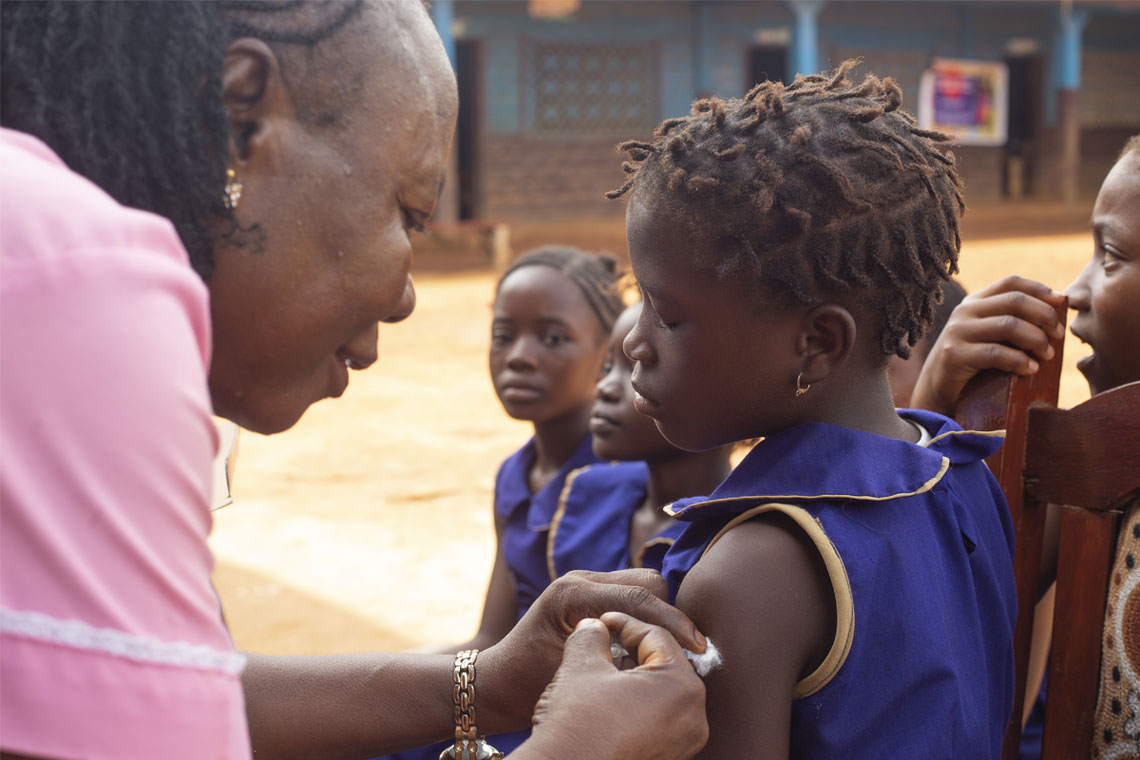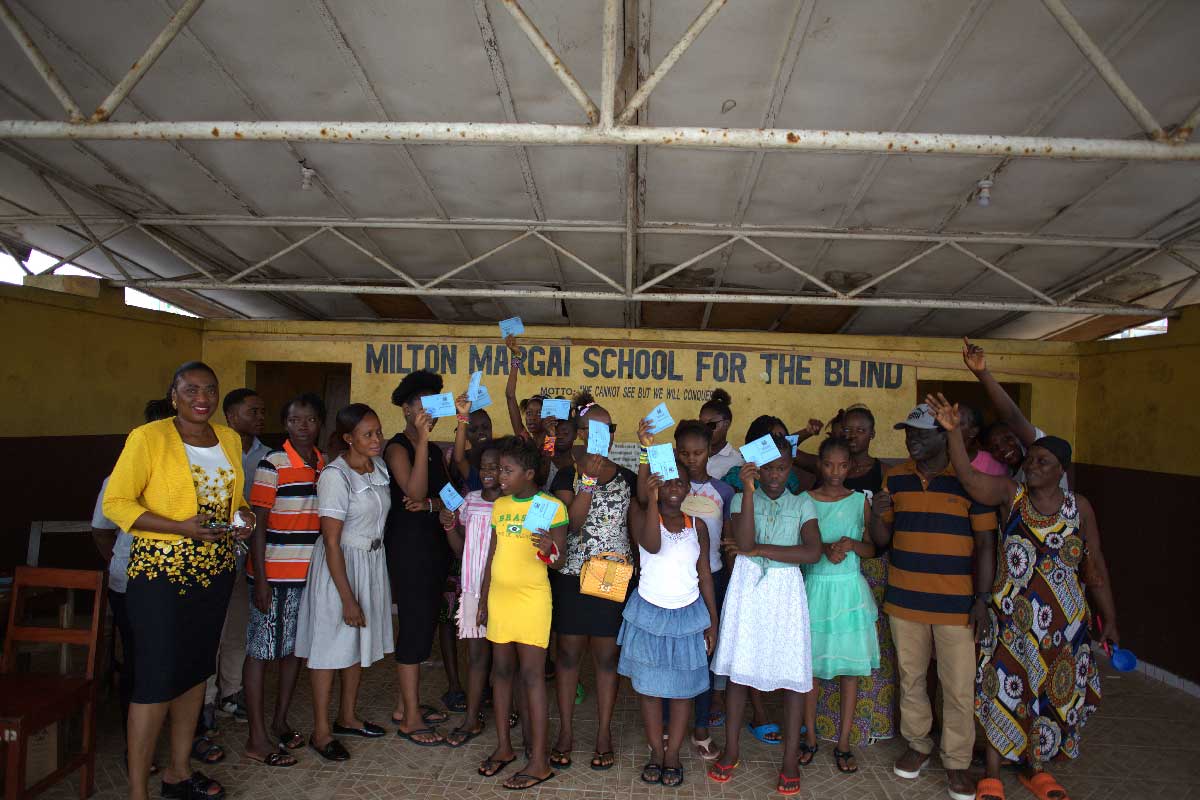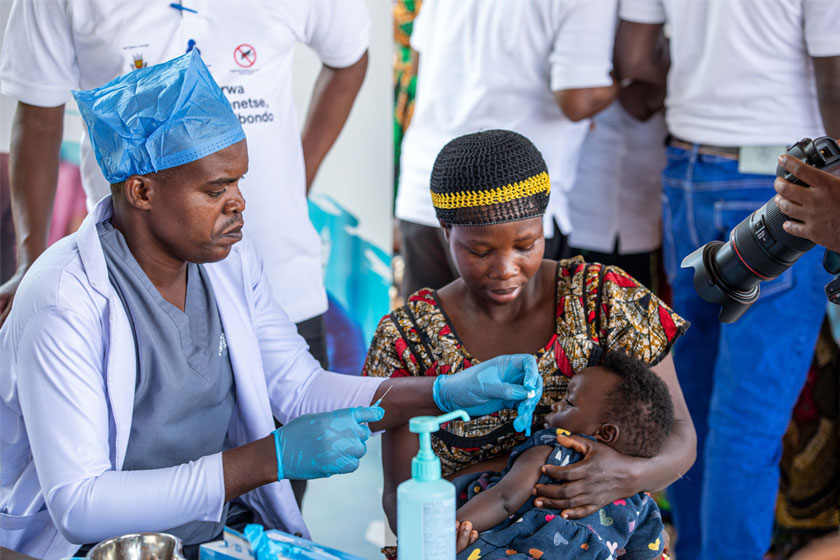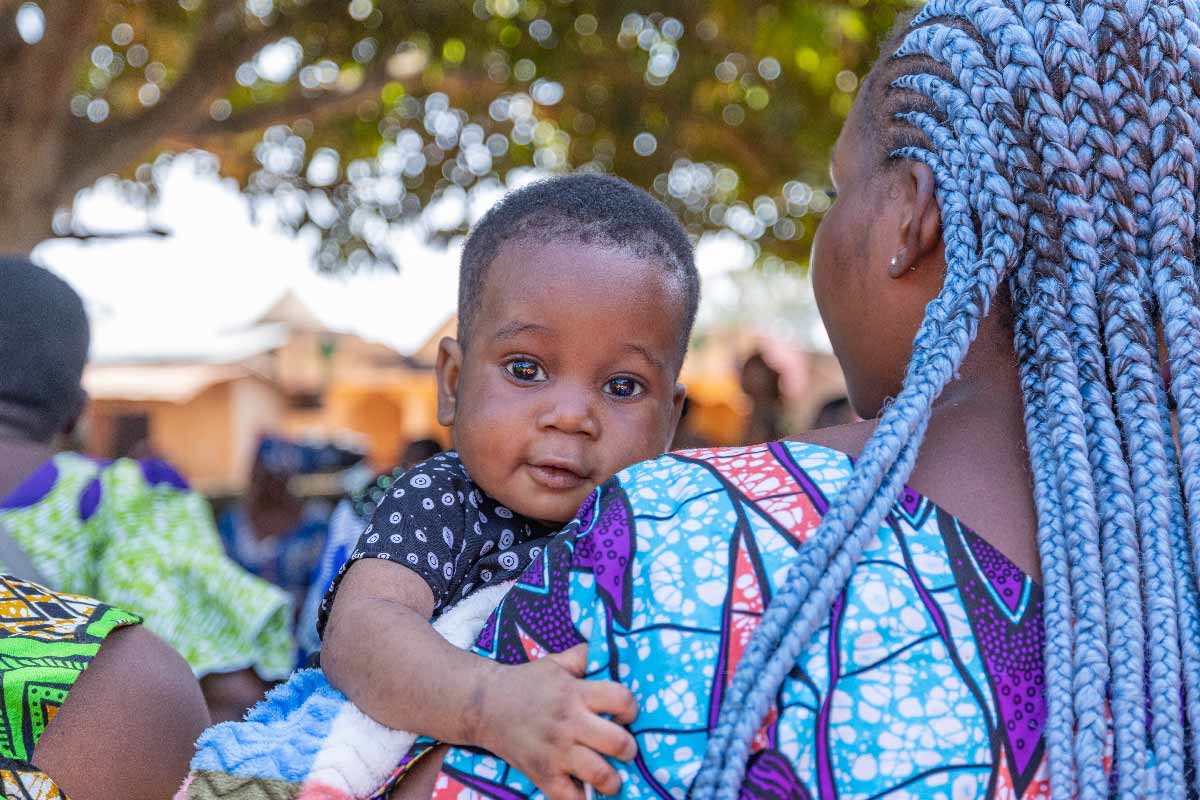Why a birth dose of hepatitis B vaccine could be life-changing
Delivering birth doses of hepatitis B vaccine will not only protect against liver disease, but strengthen countries’ ability to deliver other routine vaccinations.
- 6 December 2023
- 5 min read
- by Gavi Staff
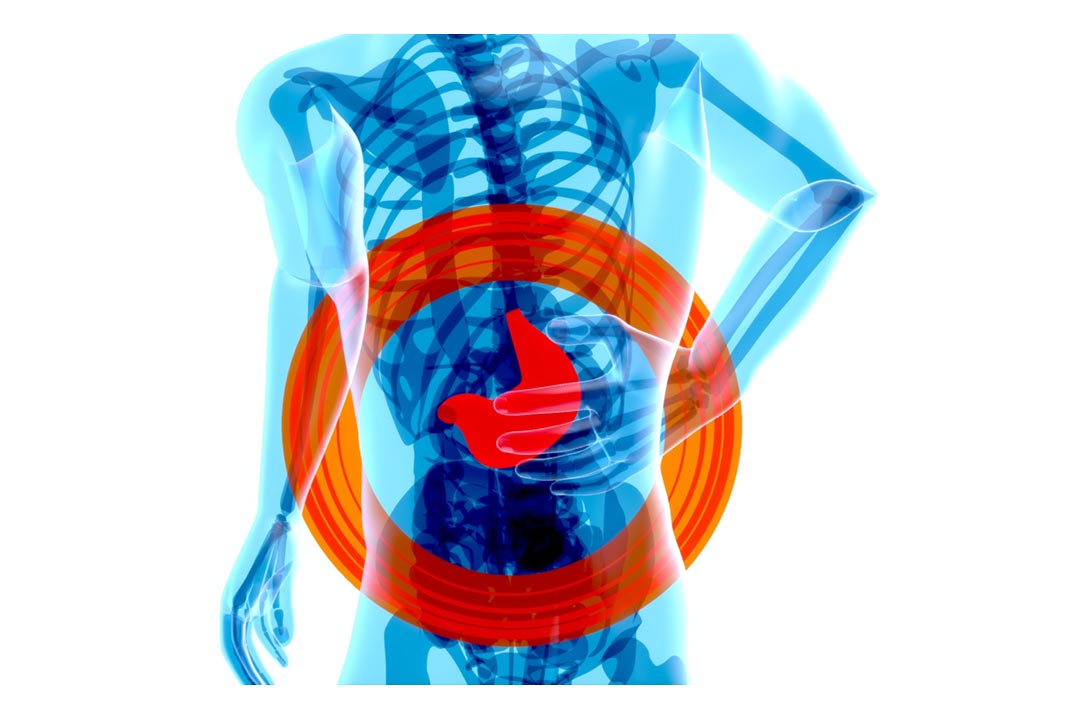
Each year, a quarter of a million infants are infected with hepatitis B virus at birth, with lifelong consequences for their health. Catching it puts people at high risk of death from cirrhosis and liver cancer as they get older – but these chronic hepatitis B infections are preventable with a safe and effective vaccine.
Although most countries have incorporated these vaccines into their routine childhood immunisation schedules, far fewer offer a dose of the vaccine at birth. Yet doing so greatly reduces the risk of the virus being transmitted from infected mother to child.
WHO recommends that all babies receive the vaccine as soon as possible after birth, preferably within 24 hours, followed by a further two or three doses at least four weeks apart.
Gavi, the Vaccine Alliance has long recognised the importance of birth doses of hepatitis B vaccine. However, in September 2020, Gavi's Board paused the availability of funding for such doses and several other vaccines approved for inclusion during its 2021–25 strategic period, because of the COVID-19 pandemic. Now that the impact of the pandemic is easing, boosting the availability of birth doses of hepatitis B vaccine – and strengthening the infrastructure to deliver them – is a high priority.
What is hepatitis B?
Hepatitis B is a liver infection caused by the hepatitis B virus, which spreads through contact with infected body fluids such as blood, saliva, vaginal fluids and semen. The World Health Organization (WHO) estimated that 296 million people were living with chronic hepatitis B infection in 2019, with 1.5 million new infections each year. The African region has the highest prevalence, with two in every three children infected with hepatitis B born here. These infections mainly occur during birth, or through exposure to infected blood or body fluids during early childhood, e.g. through sharing toothbrushes, or scratches acquired during rough play.
Although the virus can cause severe illness, most people do not experience any symptoms when they are first infected. However, approximately 95% of infants who catch hepatitis B will develop a chronic infection, and roughly a quarter of them will eventually die from liver disease. This is why infant vaccination against hepatitis B is so important.
How can vaccines help to prevent it?
The current hepatitis B vaccine is a protein subunit vaccine that contains an antigen found on the virus's surface. WHO recommends that all babies receive the vaccine as soon as possible after birth, preferably within 24 hours, followed by a further two or three doses at least four weeks apart. Three doses supply 98–100% protection against infection, with protection lasting for at least 20 years – and probably for life.
Coverage with three doses of hepatitis B vaccine hit 84% of children worldwide in 2022, but the vaccination schedule differs between countries, and access to a birth dose is uneven. In many countries, protection is achieved by offering children three doses of pentavalent vaccine: This protects against five diseases, including hepatitis B, but the first dose is given at six weeks, meaning infants aren't protected against mother-to-child transmission.
Have you read?
An alternative is to offer a dose of monovalent vaccine – which only protects against hepatitis B – at birth, followed by three doses of pentavalent vaccine.
Even though around 70% of hepatitis B infections occur in Africa, only 14 of 47 African countries had introduced a routine birth dose of hepatitis B vaccine in 2021, and only 18% of African infants received a birth dose in 2022.
It is estimated that high coverage with a birth dose of hepatitis B vaccine followed by at least two more doses will prevent 710,000 deaths in the cohort of children born between 2020 and 2030 alone, 78% of them in African countries. Within a generation, mother-to-child transmission of the virus could be virtually eliminated.
What will Gavi support look like?
Gavi will contribute to the procurement of doses of the vaccine for the lower-income countries it supports. Although the Vaccine Alliance and its partners will need to work with manufacturers to ensure sufficient supply of this vaccine, alongside pentavalent vaccines, Gavi support will largely focus on strengthening the infrastructure for delivering these vaccines within countries.
Vaccinating infants at birth is logistically challenging, particularly in settings where many babies are delivered at home. So, countries will need to find suitable venues and train health care workers with the necessary skills. Hospital maternity wards may also need extra refrigeration units and staff training to ensure doses are delivered safely and promptly. However, supporting these efforts could have wider benefits, such as improved delivery of the BCG (Bacillus Calmette Guérin) vaccine against tuberculosis and the bivalent oral polio vaccine (bOPV), both of which are recommended for newborn infants.
Pregnant women must be educated about the importance of a birth dose of hepatitis B vaccine and empowered to ask for it. These public awareness campaigns are an opportunity to boost awareness about the benefits of vaccination more broadly, to engage women in the health care system before their babies are born, and to supply information about breastfeeding and nutrition.
Investing in the infrastructure to deliver hepatitis B birth doses will also strengthen countries' ability to deliver other routine childhood vaccinations, including the pentavalent vaccine, with lasting benefits for children's health.
Achieving all this will require close co-ordination between Gavi's partners and implementing countries, but with around 800,000 deaths attributed to hepatitis B each year, the impact could be truly life-changing.
